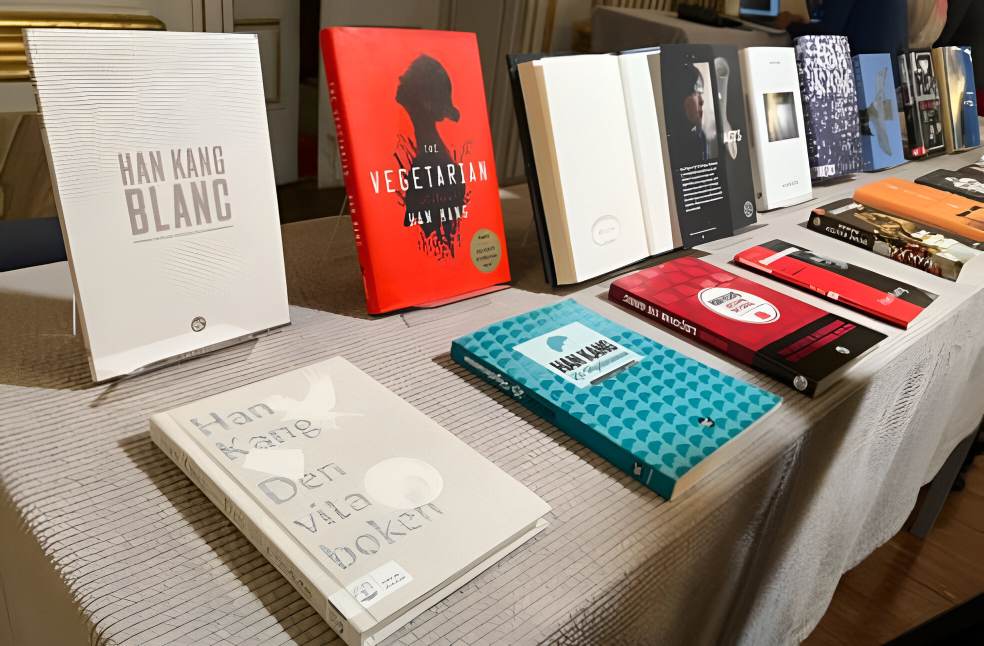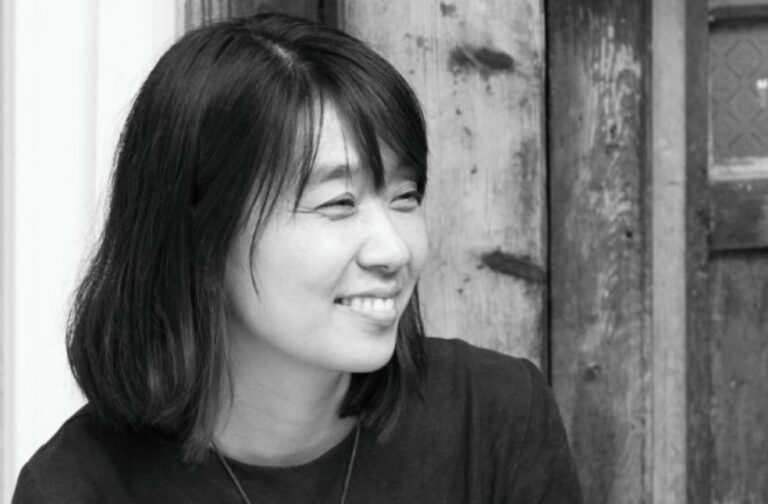Sweden: Han Kang, a South Korean writer, has been awarded the Nobel Prize in Literature 2024 by the Swedish Academy for her “intense poetic prose that confronts historical traumas and exposes the fragility of human life”. This made her the first Korean writer and the first Asian woman to be awarded the Nobel Prize in Literature.
The 53-year-old novelist has previously won the Man Booker International Prize for her book The Vegetarian, which was published in 2007. This is the 18th time a woman has won the literature prize, which has been given out by the Nobel Prize committee since 1901. Han has been granted the 11 million krona (£810,000) award that is given to each recipient of this year’s Nobel Prize.
The Nobel Prize board stated that Han’s work crosses boundaries by exploring a broad span of genres, including violence, grief and patriarchy. It depicts the violent consequences for a woman who refuses to submit to the norms of food intake.

Swedish Academy permanent secretary Mats Malm said at the ceremony that “she wasn’t really prepared” to win the prize. Committee chair Anders Olsen also said she “confronts historical traumas and invisible sets of rules and, in each of her works, exposes the fragility of human life”. Malm praised her “poetic and experimental style”, and called her “an innovator in contemporary prose”.
Han’s third novel, The White Book, was shortlisted for the 2018 International Booker Prize. Han’s novel Human Acts was released in January 2016 by Portobello Books. Han received the Premio Malaparte for the Italian translation of Human Acts, Atti Umani, by Adelphi Edizioni, in Italy on 1 October 2017. Her 2017 autobiographical novel The White Book centers on the loss of her older sister, a baby who died two hours after her birth.



